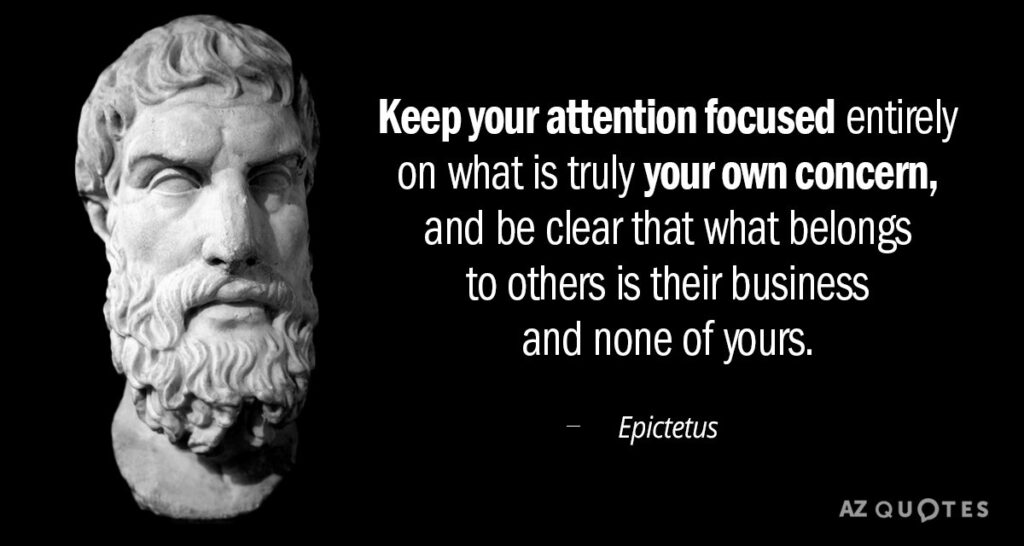
This is Part III of my series on boundary setting for people with disabilities.
It is a relatively common occurrence. You are enjoying yourself at a social function. Your thoughts are on the interesting comings and goings of the event at hand. Life is good (imagine fun party music here). Then he (or she) approaches. He plunks down next to you and cheerfully asks “So, what happened to you?” (fun party music now replaced with a somber tone.)
His question pops your happy bubble. You are back to the realization that you are the only person with a visible disability at the event. And as such, you are a source of curiosity. Not only that, you are reminded that strangers seem to have no qualms about asking you intrusive questions without regard for how these questions might affect you.
Humans for the most part are curious creatures. It is our innate curiosity that drives our innovation and desire to learn about the world. Generally, speaking, people who are not curious tend to be uninteresting. They don’t seem to know much, or care about how things operate in the world. Curiosity is a “good thing” when it is coupled with acceptable social behavior and respect. I may be curious about what is in your purse (enquiring minds want to know), but it is unacceptable behavior for me to open it up and start examining the contents without your permission.
When someone, who you just met, asks you a question about your disability, he or she is effectively saying “My desire to satisfy my curiosity about your disability is greater than my concern for how you may be affected by my questioning.” Said another way, “I want to look at what is in your medicine cabinet and I don’t care about your desire for privacy.” To different extents, the desire for privacy is also an innate human need. We all understand the importance of some level of privacy for ourselves and others. So, why is it, that so many people, seem to be so comfortable, with invading the privacy of people with disabilities? Actually, that question is a rabbit hole that I address in Part I.
Let us now focus on how to respond to such a boundary encroachment. Your response (as is most things in life) is dependent upon the circumstances. Presumably, your goal in this situation is NOT to “teach the encroacher a lesson”. You just want him or her to cease and desist with his behavior. You want to be treated with respect. You are not interested in having a conversation with this person about your disability. You want to continue enjoying yourself (you want the fun party music to start back up). But you are afraid that if you respond in a stern manner, none of this will happen. The encroacher will get all defensive and the situation will turn into a spectacle.
Faced with this dilemma, many people will choose to answer inappropriate questions in the hope that the questioner will be satisfied and either stop asking more questions or get up and go away. Unfortunately, this result leaves the person feeling violated and unable to control her environment. It is important to recognize that you cannot control the lack of respect the questioner had for you before his initial question (as evidenced by the question), but you have some control about how he feels about you after you respond.
The following are examples of progressively higher levels of responses.
- You completely ignore the question like a good politician.
- You say, “I am not interested in having that conversation” and you change the subject.
- You say, “Who wants to know and why?
- You repeat his question slowly back to him, and just look at him to make him squirm.
- You say, “Do I know you?”
- You say, “That’s an awkward question, don’t you think?”
- You say, “Do you always ask people with disabilities that question?”
- You look at him sternly and say, “No!” like you would to a bad dog.
In whatever manner you chose to respond, your goal is to take back control of the encounter. To not feel violated by it. You do not need to get angry unless it is done for strategic benefit as part of a higher level of enforcement. It is likely that from your response, the questioner will immediately recognize that he (or she) has overstepped his bounds and will immediately backpedal. But, if he does not and doubles down by asking more questions, you may have to abruptly move away from him.
Hopefully, by setting a firm boundary you will feel a sense of accomplishment, and your questioner will think twice before engaging in the same type of intrusive behavior in the future.
Comments are closed.